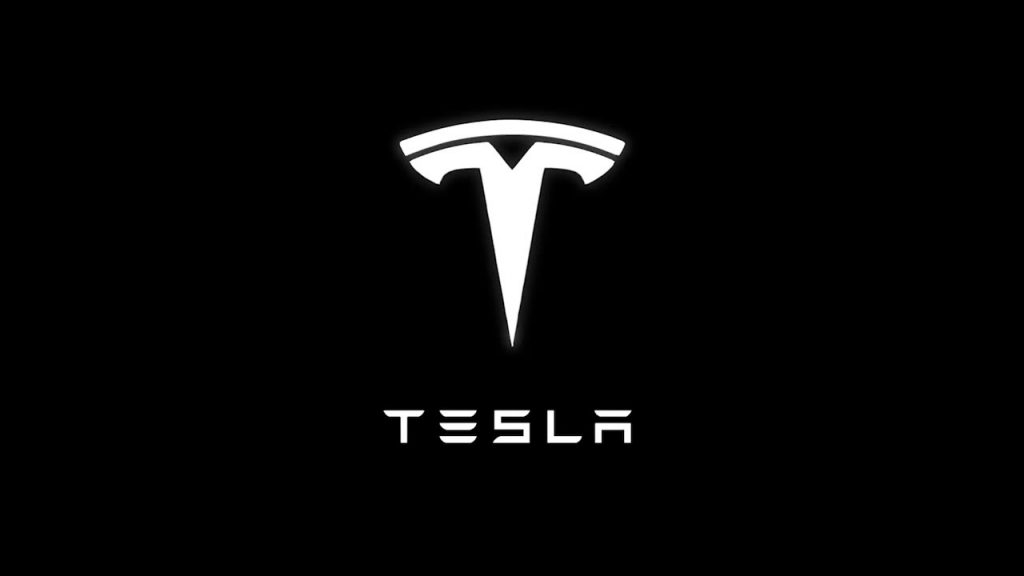Electric car manufacturer Tesla has agreed to pay $323 million in annual taxes to local authorities in Shanghai, China. The taxes will be paid for a site on the outskirts of Shanghai, where the EV Company wants to build a factory.
Tesla’s new lease with the Chinese government
As per the deal, Tesla will pay 2.23 billion yuan in tax to the local authorities each year. The company must start paying these taxes by the end of 2023. If Tesla fails to do so, the authorities will take the land back. The latest quarterly filing of the company also shows that they are mandated to spend 14.08 billion yuan ($2 billion) in capital expenses on the plant in the next five years. This huge overseas plans will help the company keep its prices down while avoiding tariffs in the largest electric-vehicle market in the world.
Tesla’s own plans are also quite ambitious. They want to spend billions of dollars in the Shanghai facility and said last week that aims to manufacture half a million cars in the facility in the next year. That, however, will depend on the speed at which the output increases. In its filing, the company noted,
“We believe the capital expenditure requirement and the tax revenue target will be attainable even if our actual vehicle production was far lower than the volumes we are forecasting.”
Missing targets is not new for Tesla. So it would be interesting to note how the company navigates the Chinese markets and keeps up with authorities.
The Chinese dream
In January this year, the EV manufacturer’s CEO Elon Musk revealed his plans for China. He talked about the wasteland that he intends to convert into the first car production site outside the US. According to Musk, who unveiled the project in his unique, flamboyant style, the factory would start pumping its best-selling car- the Model 3, and Model Y by year-end. Initial construction was expected to complete by the middle of the year and Made In China; cars were expected to roll off by the end of the ear. The new manufacturing plant comes with the capacity of 500,000 units. It will supply cars to the Greater China region.
Note that Tesla needs to hurry up and establish a firm footing in China before its competitors Mercedes, Audi, and BMW start local production. Musk understands that building locally is the key to success in the largest EV market in the world, and he would want to avoid the headache of exporting cars in China. Shanghai factory’s performance could seal the fate of his company in this market.
Trusted & Regulated Stock & CFD Brokers
What we like
- 0% Fees on Stocks
- 5000+ Stocks, ETFs and other Markets
- Accepts Paypal Deposits
Min Deposit
$200
Charge per Trade
Zero Commission on real stocks
64 traders signed up today
Visit Now67% of retail investor accounts lose money when trading CFDs with this provider. You should consider whether you can afford to take the high risk of losing your money.
Available Assets
- Total Number of Stocks & Shares5000+
- US Stocks
- German Stocks
- UK Stocks
- European
- ETF Stocks
- IPO
- Funds
- Bonds
- Options
- Futures
- CFDs
- Crypto
Charge per Trade
- FTSE 100 Zero Commission
- NASDAQ Zero Commission
- DAX Zero Commission
- Facebook Zero Commission
- Alphabet Zero Commission
- Tesla Zero Commission
- Apple Zero Commission
- Microsoft Zero Commission
Deposit Method
- Wire Transfer
- Credit Cards
- Bank Account
- Paypall
- Skrill
- Neteller
What we like
- Sign up today and get $5 free
- Fractals Available
- Paypal Available
Min Deposit
$0
Charge per Trade
$1 to $9 PCM
Visit Now
Investing in financial markets carries risk, you have the potential to lose your total investment.
Available Assets
- Total Number of Shares999
- US Stocks
- German Stocks
- UK Stocks
- European Stocks
- EFTs
- IPOs
- Funds
- Bonds
- Options
- Futures
- CFDs
- Crypto
Charge per Trade
- FTSE 100 $1 - $9 per month
- NASDAQ $1 - $9 per month
- DAX $1 - $9 per month
- Facebook $1 - $9 per month
- Alphabet $1 - $9 per month
- Telsa $1 - $9 per month
- Apple $1 - $9 per month
- Microsoft $1 - $9 per month
Deposit Method
- Wire Transfer
- Credit Cards
- Bank Account



